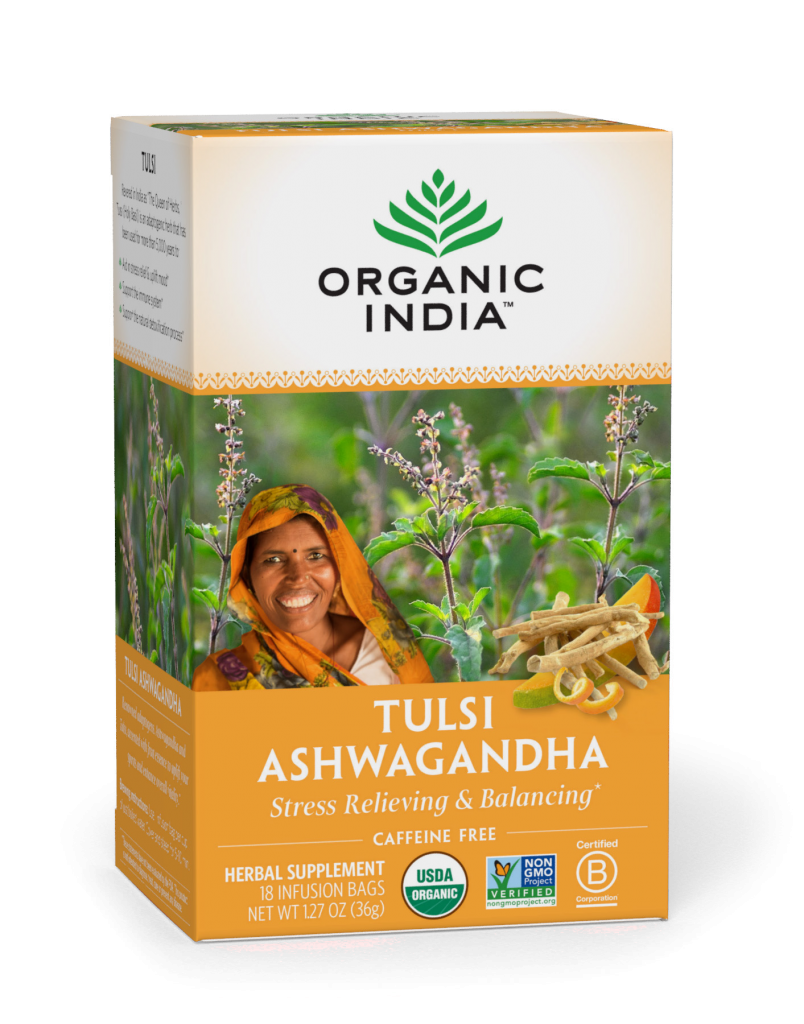Fight Stress The Natural Way
These uncertain times have truly been a lesson to us all in learning new ways to navigate change, rise to meet new challenges, and manage our daily stress. With so many things out of our control, it’s good to remind ourselves that we can only control certain aspects. More than even we must look for ways to manage stress and take care of our bodies than help us accomplish so much.
While there’s a never-ending supply of opinions on how to improve our health, most of us can all agree that enjoying a nice cup of herbal tea is good for anyone. Practitioners assert that the plant kingdom has provided for the complicated demands in modern times including anxiety, cognitive overload, and other mental, emotional, and physical issues. Every year seemingly becomes more busy, with higher demands for productivity matched by mounting levels of stress. While many turn to synthetic pharmaceuticals to fill the role, the ancient herbal approach may prove the wiser choice owing to its lack of side effects, its abundance of health-enhancing properties, and how it resonates with the human soul.
Adaptogens To The Rescue
Adaptogens are plants that are thought to help stress, both mental and physical. While adaptogens have been used for thousands of years in many cultures, the term came from Soviet toxicologist N. V. Lazarev in 1947 who described a substance with “non-specific” resistance to stress. An endocrinologist named Hans Selye, brakes down humans’ stress response into three phases: alarm, resistance, and exhaustion. Adaptogens are thought to decrease our sensitivity to outside stress.
Fortunately, nature provides an answer in adaptogenic herbs, such as ashwagandha, to help the body resist physical, chemical, and biological stressors. As one of the most powerful herbs, ashwagandha has also been acknowledged for its ability to protect the central nervous system. Believed to help the body fight degenerative brain diseases, reduces the stress hormone cortisol, and has even compared to anti-depression and anti-anxiety prescription medicines. It can also boost brain function by enhancing GABA receptors and serotonin, enabling them to connect easier. Although aging is a natural process, much that is associated with it in modern times is not due to natural effects. Because so many modern diets, lifestyles, environments, and habits are anything but natural, they can have a strenuous effect on the body. But even for modern maladies, ancient solutions can help. The Journal Evidence-Based Complement Alternative Medicine states that tulsi has been associated with multiple studies with an improvement in mood and reduced anxiety levels. “One reason for this could be that the flavonoids in tulsi tea could help reduce the body’s cortisol levels, which is widely known as the ‘stress hormone,’” Zhu says.
Super Herb Power
Ashwagandha is in the same family as the tomato. It’s a small woody shrub with oval leaves, five-petal yellow flowers, is red and the size of a raisin. The plant is also known as the “Winter Cherry”. As an adaptogen, ashwagandha supports the body’s ability to respond and adapt to physical, emotional, environmental stress and also protect the central nervous system. A comforting combination for stressful times that can help to restore and calm. Ashwagandha has antioxidant properties that address disruptive free radicals and can cause premature and problematic aging issues. Researchers report that ashwagandha promotes energy, enhances muscle strength and endurance. This healing remedy is native to India, Pakistan, and Sri Lanka. And is now being grown in other regions including the United States.
The European Scientific Journal reports, “Growing old certainly involves a variety of life stressors that can lead to depression at any age, any gender, race or class. Depression is a pervasive and impairing illness affecting women twice more than men. An ayurvedic approach of using herbs like Ashwagandha with its active principle component with anolides seems to be more acceptable to relieve anxiety, stress, depression, aging, fatigue, and depressed immunity.”
Ashwagandha and Tulsi have similar properties and are both considered excellent adaptogens. Dr. Amy Shah, M.D., recommends consuming Tulsi Ashwagandha tea or supplement daily, for a few months to see the full effects. Having a connection between your life habits and the plant that you’re taking is important, just like a meal. It’s not just the fact that you’re consuming the herb, it’s a ritual that’s calming, centering, and also a part of self-care. It’s a comforting combination for the stressful times we live in. Look for certified organic, to ensure it’s free of heavy metals, pesticides, and herbicides. Being it’s both caffeine-free and gluten-free, it’s sure to fit into almost anyone’s lifestyle. A smooth blend of two treasured adaptogenic herbs, foundational herb Tulsi, and Ashwagandha are a synergistic blend for taming stress at any time of day. Capable of increasing the body’s ability to resist and recover from fatigue, irritability, stress, balance cortisol levels, enhance memory, focus, and achieve therapeutic goals. Go ahead, see what this super herb can do for your life!
Always make sure to talk to your doctor before starting a new supplement and confirming there are no interactions with current medications or health conditions.




